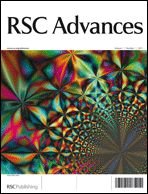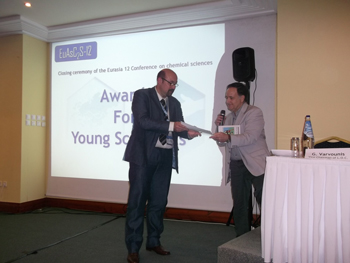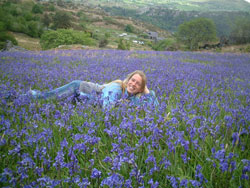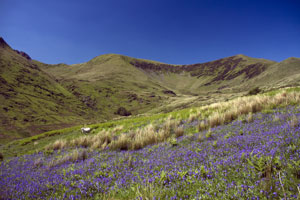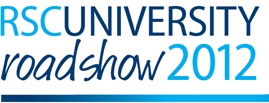The 2000th article to appear in RSC Advances since the first articles were published in July last year has now been published online. This is a great achievement for a new journal and illustrates how quickly RSC Advances has become esablished in the field.
The 2000th is by Jinkwon Kim and colleagues from Kongju National University, Republic of Korea, who report facile solution-based synthetic routes to synthesize GeTe nanocrystals. The group looked at two particular methods to produce these nanomaterials and illustrated how the size and shape of the resulting nanocrystals were strongly dependant on the Tellurium source employed. Using (Et3Si)2Te as the source gave well-dispersed GeTe nanocrystals of uniform shape, through a ligand exchange mechanism. The authors believe these materials could find applications in phase-change memory devices.
Click here to read the article for free.
Professor Mike Ward, Chair of the RSC Advances Editorial Board, commented ‘We are very proud that RSC Advances has come so far, so fast. Having started just a year and a half ago with monthly issues, to have moved to publishing weekly issues and reached the milestone of 2,000 articles in such a short time is an impressive achievement. This illustrates the high demand of researchers around the world for publishing their work in RSC journals, and also shows the way that chemistry is expanding into new and interdisciplinary fields which make existing pigeon-holes and classifications obsolete. RSC Advances was founded precisely to cater for work that does not obviously fit the remit of longer-established journals and it is gratifying to see it doing so well. We congratulate Dr. Kim and co-workers on publication of our 2000th paper, and thank them for helping us to reach this important milestone.’
Keep track of RSC Advances by registering for our free table of contents alerts today!












 The first
The first 

